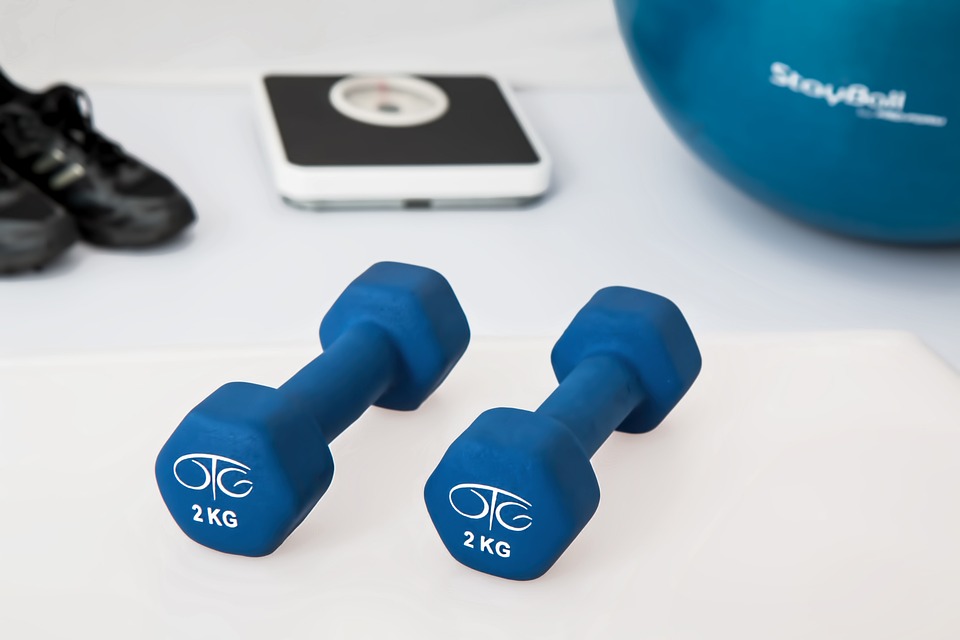The Science of Body Composition: How It Affects Your Health and Fitness
Body composition refers to the proportion of fat, muscle, bone, and other tissues that make up your body. Understanding your body composition is crucial for maintaining good health and achieving optimal fitness levels. In this article, we will delve into the science behind body composition and how it impacts your overall health and fitness.
What is Body Composition?
Body composition is a complex measurement that goes beyond just weight. It takes into account the different types of tissues that make up your body, including:
- Fat mass
- Lean body mass (muscle, organs, bones, etc.)
- Water content
Each of these components plays a unique role in your overall health and fitness. For example, having a higher percentage of lean body mass can increase your metabolism and improve your physical performance, while excessive fat mass can lead to various health issues.
How Body Composition Affects Your Health
Body composition has a significant impact on your overall health. Excessive fat mass, especially around the abdomen, is associated with an increased risk of developing chronic conditions such as heart disease, diabetes, and certain cancers. On the other hand, having a healthy balance of lean body mass can improve your metabolic health and reduce the risk of obesity-related diseases.
Monitoring your body composition can help you understand your risk factors for various health conditions and make informed decisions about your diet and exercise routine. By maintaining a healthy body composition, you can improve your overall well-being and longevity.
How Body Composition Affects Your Fitness
Body composition also plays a crucial role in your fitness levels. Lean body mass is essential for strength, endurance, and athletic performance. By increasing your muscle mass and reducing fat mass, you can enhance your physical capabilities and achieve better results in your workouts.
Understanding your body composition can help you set realistic fitness goals and track your progress over time. Whether you are looking to build muscle, lose fat, or improve your athletic performance, knowing your body composition can guide you towards the right strategies for success.
FAQs (Frequently Asked Questions)
1. How can I measure my body composition?
There are several methods for measuring body composition, including:
- Body mass index (BMI)
- Waist circumference
- Body fat percentage
- Dual-energy X-ray absorptiometry (DEXA) scan
Each method has its advantages and limitations, so it’s essential to choose the one that best suits your needs and goals.
2. What is a healthy body composition?
A healthy body composition varies depending on factors such as age, gender, and fitness level. In general, a healthy body composition includes a balanced ratio of lean body mass to fat mass, with a focus on maintaining overall health and well-being.
For more information on body composition and its impact on health and fitness, check out this link.







